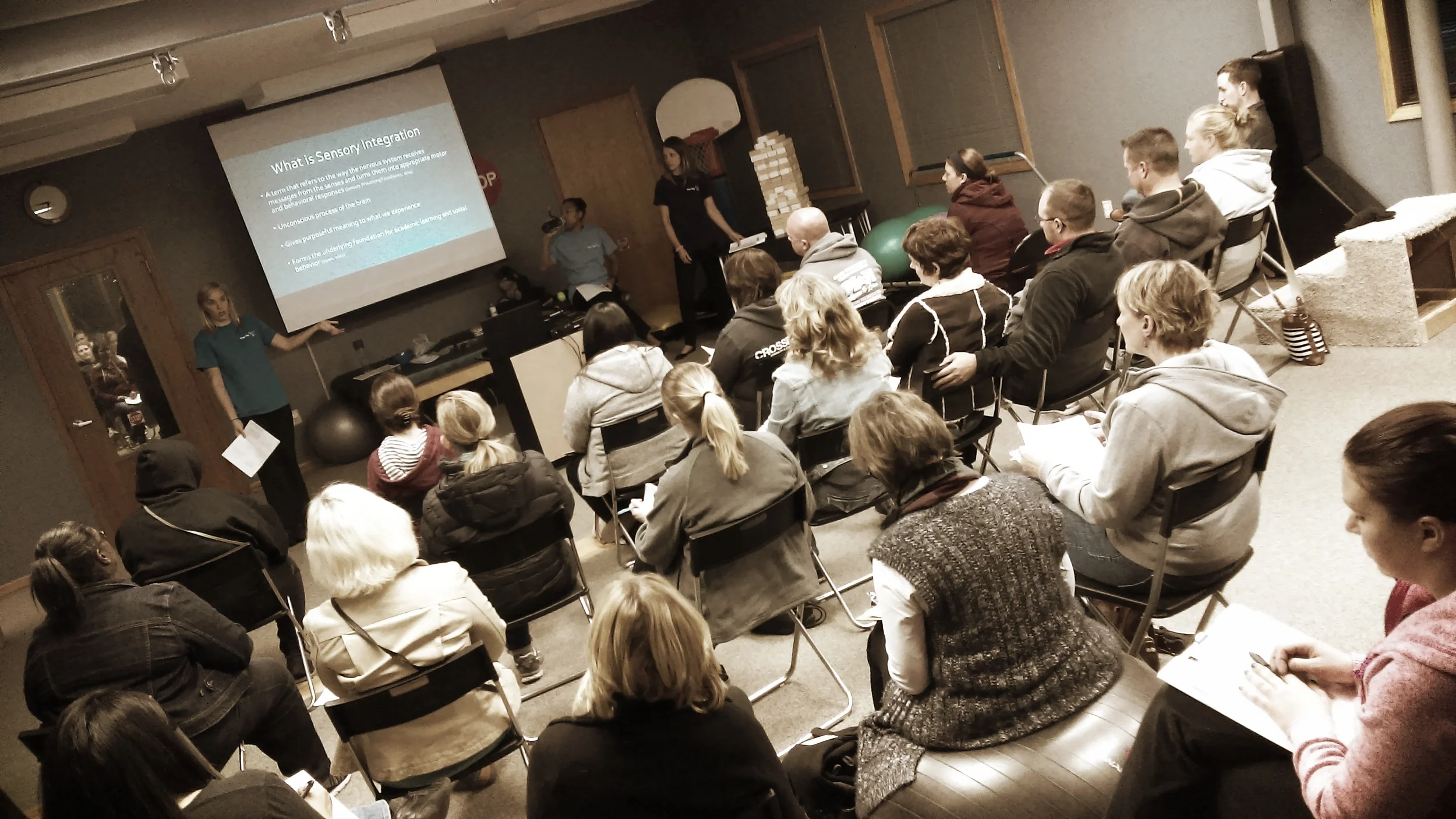May 16th is Mental Health Action Day
/May is Mental Health Awareness Month. We’re highlighting the continuation to emphasize the importance of prioritizing mental health and finding ways to break the stigma that ‘it’s okay to not be okay.’ The more we can converse together, the more normalized these conversations become surrounding mental health issues and ultimately empowering people to seek the help they need. Fortunately, more people are now talking about and prioritizing their mental health, just as they would their physical health. Individuals are also embracing self-care to improve overall well-being. This is essential, because when you take care of your mental health, your physical and emotional health additionally improves, and you’re more likely to learn and work productively, and thus, effectively cope with life stressors.
An impactful way to communicate about mental health is to use person-first language to put the person before their diagnosis, disability, or other characteristics. For example:
· Instead of saying, “Susan is bipolar or obsessive-compulsive,” say “Susan is a person who has who has bipolar disorder or obsessive-compulsive disorder.”
· Instead of describing someone as “suffering from a mental illness,” change the wording to “experiencing or living with a mental illness.”
It’s equally important to promote inclusivity and respect. When we use open, compassionate, and equitable language around mental health issues, we empower ourselves and encourage others to find the help they need.
Mental Health Action Day is May 16. You can honor this day and provide an opportunity to take the next step from awareness to action for yourself, a loved one, or your community. This could be as simple as adopting a positive ‘mental health habit’ like eating a balanced diet, getting a good night’s rest, or exercising, or offering support to a friend or family member who is struggling. Here are some additional strategies to consider on Mental Health Action Day.
· Practice gratitude: Think about what you’re thankful for – like supportive family and friends, a safe home, having clean clothes, food, or even a beautiful day. Another idea is to find something to celebrate, like a recent accomplishment. Consciously practicing gratitude may reduce feelings of stress and anxiety.
· Volunteer: Participating in community organizations and finding opportunities to help others can provide a positive boost and sense of purpose. Volunteering reduces stress and increases positive, relaxed feelings by releasing Dopamine. By spending time in service to others, volunteers report a sense of meaning and appreciation, which can have a stress-reducing effect.
· Engage in random acts of kindness: Buy a cup of coffee for the person in line behind you, hold the door open for a stranger, or make food for a neighbor or colleague. You may leave a note for family members on the mirror or notes for your co-workers. There are many small acts that can brighten someone else’s day.
· Practice mindfulness: Take a few minutes to meditate, take a yoga class or do some breathing exercises to promote relaxation and reduce stress. Journaling or getting into the flow of something you love: gardening, cleaning, crafting is an excellent way to practice mindfulness.
· Seek Help: Whether it is for yourself of someone else, seek help through local and national resources via on-line or with a trained therapist.
Remembering to show compassion for others as well as yourself. Sometimes you’re a lifeline for another individual; with your presence and willingness to offer a listening ear with support.
For additional supports and resources, please visit:
https://www.nami.org/get-involved/awareness-events/mental-health-awareness-month/
https://www.health.state.mn.us/communities/suicide/documents/mhawarenessmonth.pdf
https://www.nimh.nih.gov/get-involved/digital-toolkit-for-mental-health-awareness-month

